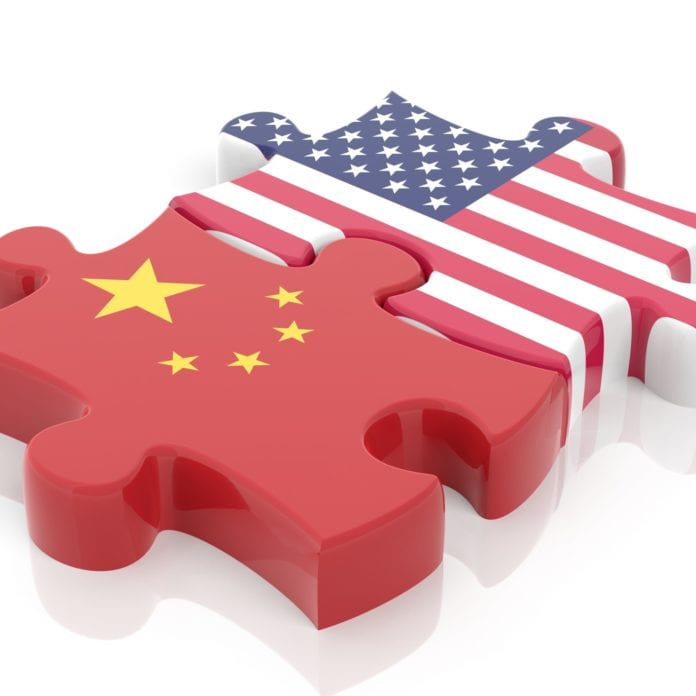FCC Chairman urged to review China Telecom and China Unicom domestic operations
Two U.S. senators asked the Federal Communications Commission (FCC) and national security agencies to review whether Chinese state-run telecom operators China Telecom and China Unicom should be allowed to operate in the United States due to security concerns, Reuters reported.
Senate Democratic Leader Charles Schumer and Republican Senator Tom Cotton asked FCC Chairman Ajit Pai to review approvals granted in the early 2000s that allowed these two Chinese carriers to operate in the U.S market.
“These state-owned companies continue to have access to our telephone lines, fiber optic cables, cellular networks and satellites in ways that could give it (China) the ability to target the content of communications of Americans or their businesses and the U.S. government, including through the ‘hijacking’ of telecommunications traffic by redirecting it through China,” the senators wrote in a letter.
The letter was also sent to the departments of defense and homeland security, according to the report.
China Telecom spokesman Ge Yu highlighted that the carrier has been providing telecom services to U.S. corporations for almost 20 years. “We make the protection of our customers’ data a priority, and have built a solid reputation as one of the best telecom companies in the world.” The executive also said that the telco works to maintain “good standing with all regulatory agencies.”
Meanwhile, China Unicom said in a statement that the firm operates its international telecommunications business “strictly in compliance with the international and local laws and regulations.”
In May, the FCC had voted unanimously to deny another state-owned Chinese telecommunications company, China Mobile, the right to provide services in the U.S. market. FCC said that there were risks that the Chinese government could use the approval to conduct espionage against the U.S. government.
China Mobile had requested authorization to provide interconnection services for phone calls between the United States and other countries in 2011.
In May, the FCC also confirmed that it was reviewing existing permits previously granted to China Telecom and China Unicom.
Commissioner Brendan Carr said in May: “The evidence I’ve seen in this case calls those existing authorizations [from China Telecom and China Unicom]into question. For instance, the decision today cites reports that China Telecom has been hijacking U.S. traffic and redirecting it through China.”
“Security threats have evolved over the many years since those companies were granted interconnection rights to U.S. networks in the early 2000s. Much if not all of the reasoning behind today’s decision appears to apply with equal or greater force to those legacy authorizations. Let’s ensure that our decisions from decades past don’t inadvertently endanger American interests,” Carr added.
The Trump administration has been taking actions to limit the role of Chinese vendors in the deployment of 5G networks in the U.S.
In May, the U.S. Department of Commerce added Huawei to its Entity List, a decision that effectively banned the company from buying parts and components from U.S. companies without U.S. government approval.
In July, President Donald Trump agreed to grant “timely” licensing decisions to U.S. technology firms that want to sell components and services to Huawei.
Last month, the U.S. Commerce Department confirmed it had received over 130 applications from U.S. firms for licenses to sell goods to Huawei. However, government officials recently confirmed that all the export licenses requested by U.S. companies are still pending approval.

